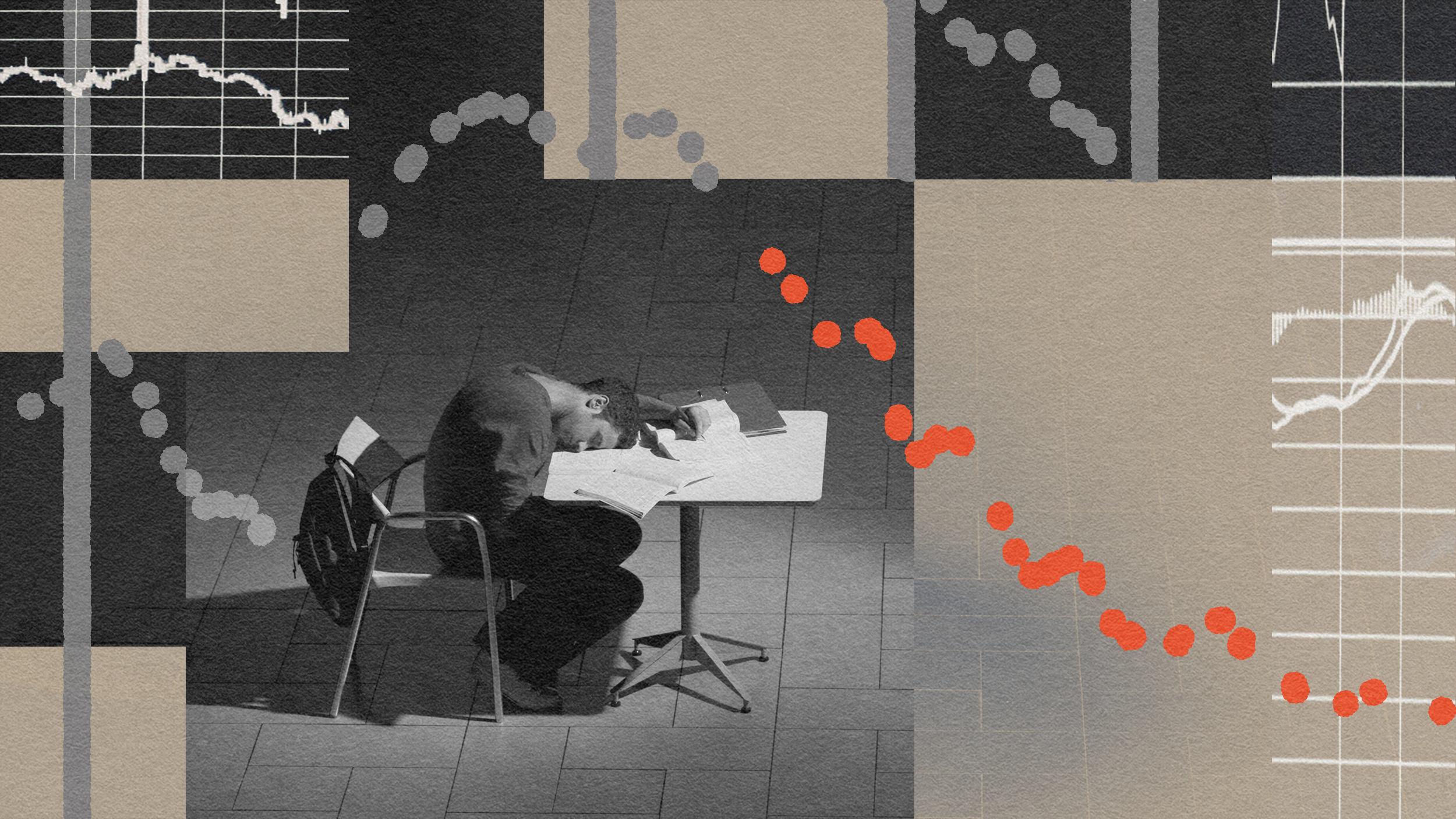Is college still worth it? Yes (for now, at least)

- In a new analysis, researchers tabulated the costs of a four-year college education and the difference in income between college and high school graduates between 2009 and 2021.
- The results showed that investment in a college education yields a yearly return of about 9.1% for men and 9.9% for women, with degrees in engineering and computer science generally yielding the highest returns.
- While this makes college a solid investment, the value of a degree appears to have fallen over the past 15 years.
In 2023, a Wall Street Journal-NORC poll revealed that 56% of Americans think a four-year college degree isn’t worth the cost. Respondents aged 18 to 34 — the most likely to be enrolled in college — were most dubious of its value, with 61% percent holding negative views.
A recent analysis suggests these broadly critical perceptions of college’s worth aren’t merited. Although the value of a college degree has declined in recent decades, it remains a sound financial investment — for now, at least.
Is college still worth it?
Liang Zhang, a Professor of Higher Education at New York University (NYU), was the first author of the study, which was published in the American Educational Research Journal. Zhang teamed up with NYU doctoral student Yitong Hu and Rutgers Associate Professor of Human Resource Management Xiangmin Liu. Together, they estimated the total cost of attending a four-year college, using data from 1,160 public, 480 private nonprofit, and 230 for-profit institutions. Grant awards, tuition and fees, books and supplies, room and board, transportation, and opportunity costs from not working were accounted for in the tabulations. This brought the overall cost of college to roughly $140,000, Zhang told Big Think in an email.
Zhang and his co-authors also pored through 2009–2021 data from the U.S. Census Bureau’s American Community Survey. Specifically, they compared the incomes of 2.9 million individuals with college bachelor’s degrees, ages 18 to 65, to the incomes of 2.9 million individuals with only high school diplomas.
“The earnings gap between college and high school graduates is around $14,000 annually,” Zhang told Big Think. “This gap is initially lower, then increases to about $20,000, and slightly decreases as they near retirement.”
Knowing the cost of attending a four-year university and the considerable income bump that comes with it, the researchers were then able to calculate the value of a college degree. They found that investment in a college education yields a return of about 9.1% for men and 9.9% for women. The higher rate for women is because female high school graduates earn far less than males. Over a 40-year career, these rates of return translate into millions of dollars of extra income.
Since 1980, for comparison, equities have returned 9.3% and housing has returned 5.86%. That makes a college education one of the best investments someone can make.
Remarkably, it has remained a sound financial choice despite surging costs. Between 1979 and 2019, inflation-adjusted college expenses rose 264%, according to the National Center for Education Statistics. But, at the same time, the income gap between high school and college graduates also increased.
This trend may have halted over the past 15 years, however. Zhang and his co-authors found that for students graduating between 2009 and 2012, college returned 10.1% for women and 9.3% for men. Eight years later, female graduates only enjoyed a return of 9.5% and males 8.8%.
Not all degrees are equal
The researchers also found that when it comes to the value of a college education, not all degrees are equal. Certain majors have far better returns. Engineering and computer science lead the way at just over 13%. Business, health, and math majors return 10 to 13%. Biology, agriculture, and social sciences provide between 8 and 9%. At the bottom, education, humanities, and arts majors tallied less than 8%.
It’s particularly disconcerting that the value of a college degree is so low for education majors. It’s an example of an economic imbalance that could be addressed by those in power, Zhang opined.
“From a public policy perspective, if certain majors are deemed essential to society but have low returns, policymakers may consider increasing financial aid for students in those majors or increasing pay levels for workers in related occupations,” he said in a statement. “This can help ensure that the social benefits of these majors are recognized, even if their individual returns are lower.”
The researchers did not take into account tax policy when comparing incomes and calculating the costs of college. Income taxes, social security taxes, medicare taxes, and college tax credits all could affect the value of a college degree. Nor did they include student loan interest, the rates of which were 5.5 percent in 2023. They also didn’t look at college selectivity. Graduates of more “elite” colleges tend to earn far more than their counterparts who attended institutions with less imprimatur.
Zhang’s study did not include data from after the arrival of the Covid-19 pandemic. During the inflationary period that followed, low-wage workers (most of whom have only high school diplomas) experienced historically fast real wage growth relative to workers at higher income levels. So it’s very likely that the value of a college degree has eroded even further and this has yet to show up in the data.





